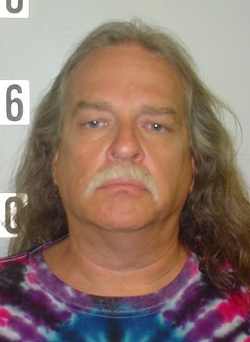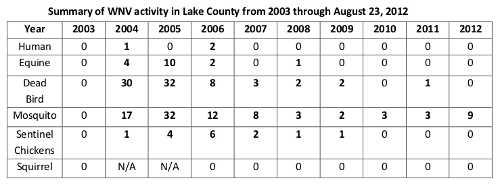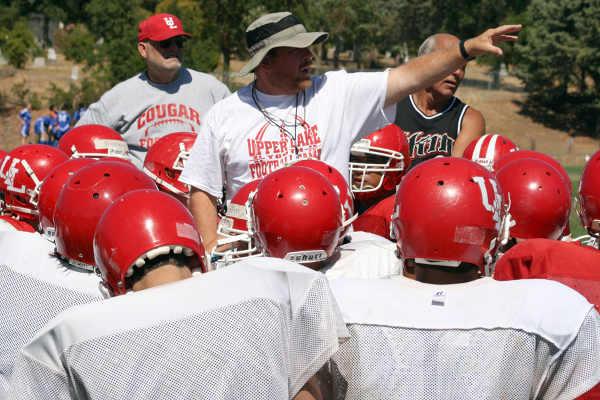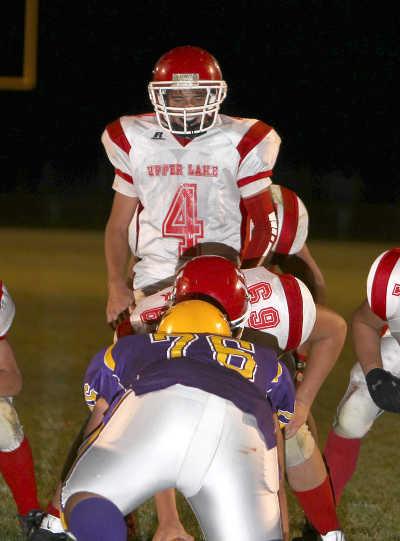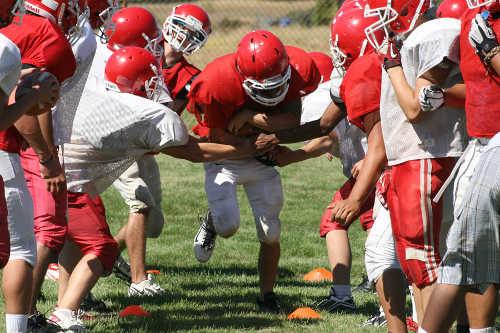- Dennis Fordham
- Posted On
Estate Planning: A new law regarding revocability of trusts
On Jan. 1, 2013, amendments to California’s statutory law regarding revocation of trusts take effect.
The purpose is to allow a surviving spouse to revoke – i.e., takes back – some or all the assets held in a joint trust established while the couple were both alive that remained revocable after the first spouse’s death.
Let us examine the law as it exists and as amended.
First some basics: Revocation of a trust occurs when a contributing settlor revokes some or all of the property that he or she once transferred to the trust.
Revocation is not to be confused with a trust amendment which changes some or all of the trust’s terms (provisions) but still leaves the assets inside the trust. Under California law, a trust is revocable unless it says otherwise.
Presently, “[u]nless otherwise provided in the instrument, if a trust is created by more than one settlor, each settlor may revoke the trust as to the portion of the trust contributed by that settlor, except as provided in Section 761 of the Family Code [i.e., either spouse alone may revoke the couple’s community property in addition to his or her separate property].” Once revoked, trust assets are returned to the contributing settlor(s).
In 1990, the California Court of Appeals decided that such existing statutory language did not allow a surviving husband to revoke the half of the trust which belonged to his deceased wife’s estate – even though the trust assets were all community property right before the wife’s death.
This was because when the wife died the couple’s community property ceased being community property and instead became their undivided separate property.
Thus the surviving spouse’s power of revocation extended only to his one-half separate property share.
Had the couple’s joint trust expressly authorized the surviving spouse to revoke the deceased wife’s separate property then the entire trust would have been revoked.
Many existing revocable joint trusts similarly lack such authority for the surviving spouse.
As amended the new law permits that, “a settlor may grant to another person, including, but not limited to, his or her spouse, a power to revoke all of part of that portion of the trust contributed by the settlor.”
Interestingly, the foregoing allows a settlor to delegate someone other than his or her spouse to be the power holder. It does not even require the delegated person to be a co-settlor of the trust or even the settlor’s agent.
Also, the authority does not need to be inside the trust instrument itself. This may create unintended problems of their own.
Once revoked, the affected trust assets are disposed of “as provided in the trust instrument.” Otherwise, if the trust is silent the revoked assets instead are disposed of, “as directed by the person exercising the power of revocation.” In which case the power holder, presumably the surviving spouse, has power of ownership over the assets.
Furthermore, the delegated power of revocation will now be effective over all trust assets, “regardless of whether [they are] separate property or community property of that settlor, [and also] regardless of whether that power to revoke is exercisable during the lifetime of that settlor or continues after the death of that settlor, or both.”
That allows the surviving spouse/co-settlor authority to revoke a deceased spouse’s separate property inside a joint trust that remains revocable after the death of the first spouse.
The amended law contains its own technical ambiguities and creates its own potential pitfalls. These are certain to be litigated once the law is applied to decedent’s dying after 2012.
Dennis A. Fordham, attorney (LL.M. tax studies), is a State Bar Certified Specialist in Estate Planning, Probate and Trust Law. His office is at 55 First St., Lakeport, Calif. Dennis can be reached by e-mail at This email address is being protected from spambots. You need JavaScript enabled to view it. or by phone at 707-263-3235. Visit his Web site at www.dennisfordhamlaw.com .


